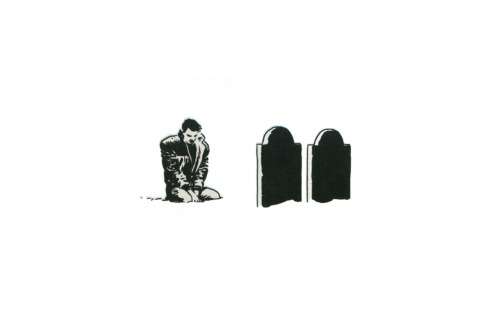How good are the best?
high complexity jobs like professional and sales roles, the top 10% produce 80% more than average and 700% more than the bottom 10%. Via 80,000 hours (hat tip - Andy McKenzie): ...how much do different employees typically differ in output? There have been many studies looking at this very question, across a wide range of jobs, which are summarised in a meta-study by Hunter, Schmidt and Judiesch (6). Output is measured in a variety of ways. For salespeople, it’s the…
2 minutes
How To Change Bad Habits Into Good Habits: 5 Steps From Research
onically, studies show saying "I'll never do that again" makes you even more likely to do that again. About 40% of the actions we perform in a day are habits. So we're on autopilot almost half the time. Let's round up the research on bad habits and good habits and learn the best way to turn one into the other. Awareness The first step is awareness. That cigarette doesn't magically appear in your mouth. Noticing yourself acting habitually is…
2 minutes
What can we learn about expert performance from the raid on Bin Laden’s compound?
e key to expert performance in any scenario is having done it before -- or the closest thing to that. Via Daniel Coyle's excellent book The Little Book of Talent: 52 Tips for Improving Your Skills: When U.S. Navy SEAL Team 6 mounted its May 2011 raid on Osama bin Laden’s compound in Pakistan, it prepared by constructing full-scale replicas of the compound in North Carolina and Nevada, and rehearsing for three weeks. Dozens of times the SEALs simulated the operation. Dozens…
1 min read
3 Things The Greatest Generals Of History Can Teach You About Strategy
Don't do what your enemy is prepared for. Frontal assaults against prepared defenses are stupid. Via How Great Generals Win: From the beginning of organized warfare, frontal attacks against prepared defenses have usually failed, a fact written large in military history for all generals to see... great generals strike where they are least expected against opposition that is weak and disorganized. Almost all successful attacks have hit enemies from the rear, from the flank, or anywhere it is not…
3 minutes
Science Says These Two Techniques Will Keep You Cool Under Pressure
ppressing emotions can backfire: Via Your Brain at Work: Strategies for Overcoming Distraction, Regaining Focus, and Working Smarter All Day Long: Gross found that people who tried to suppress a negative emotional experience failed to do so. While they thought they looked fine outwardly, inwardly their limbic system was just as aroused as without suppression, and in some cases, even more aroused. Kevin Ochsner, at Columbia, repeated these findings using an fMRI. Trying not to feel something doesn’t work, and…
2 minutes
What’s worse: physical pain or social pain?
st of us fear a broken arm far more than a moment of embarrassment or rejection. In his book, Your Brain at Work: Strategies for Overcoming Distraction, Regaining Focus, and Working Smarter All Day Long, David Brock makes an excellent point: We feel physical pain once and then it ends. We are able to feel relive emotional pain all over again years later. That hurt can stay with us much longer, maybe never abating. People who experience events like this…
2 minutes
The Secret To Eliminating Stress, According To Research
is often said, stress isn't about what happens to us, it's how we react to it. This is very true. We don't feel as stressed when we feel in control. Again, the emphasis is on feel. Even illusory feelings of control can eliminate stress. (This is the secret to why idiots and crazy people may feel far less stress than those who see a situation clearly.) Anything that increases your perception of control over a situation -- whether it…
3 minutes
Research Says You Can Beat Your Cravings With These Two Words
en deciding whether to eat something that isn't necessarily nutritious, use the words "I don't" instead of "I can't." You're 8x more likely to be successful. Via LA Times: ...try a reframing exercise that seems to work for all sorts of yearnings. It's actually pretty easy: When deciding whether to eat something that isn't necessarily nutritious, use the words "I don't" instead of "I can't." What's the difference? "With 'I don't' you're choosing words that signal empowerment and determination rather…
1 min read







